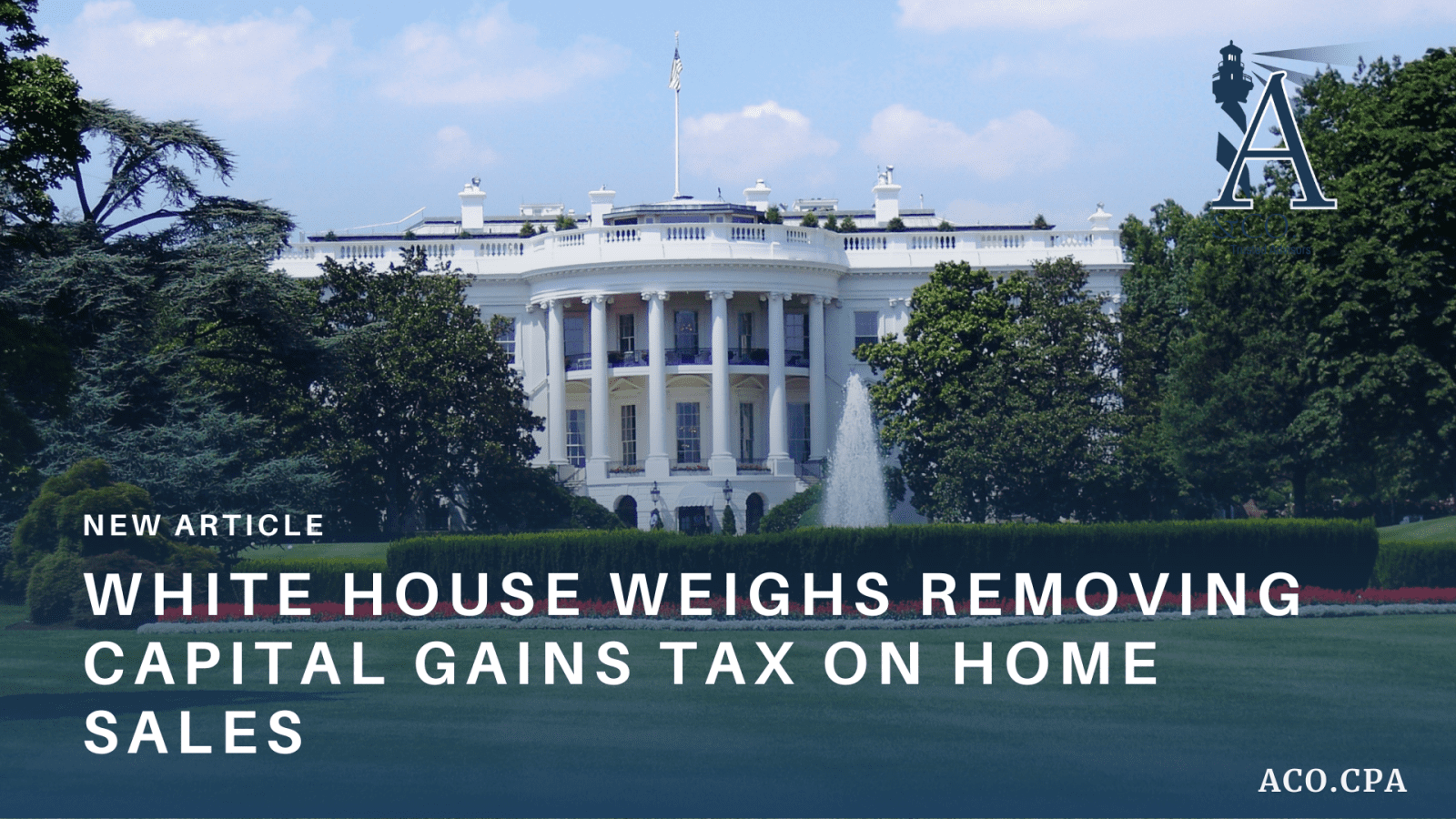The current administration is considering a policy that could significantly benefit homeowners: eliminating the federal capital gains tax on the sale of primary residences. If enacted, this change could unlock major tax savings—especially for long-term homeowners facing large gains due to rising home prices.
What’s the Proposal?
Under current law, homeowners can exclude up to $250,000 in capital gains if filing individually, or $500,000 if married and filing jointly—provided the home was used as their primary residence for at least two of the past five years.
These limits have not changed since 1997. With home values having surged across the country, many homeowners—particularly in high-cost metro areas—are now exceeding those caps and facing steep tax bills when they sell.
The administration has expressed interest in eliminating the capital gains tax entirely on primary home sales. This idea aligns with a legislative proposal from Rep. Marjorie Taylor Greene, known as the No Tax on Home Sales Act, aimed at helping homeowners retain more of their investment when selling.
How Could You Benefit?
This proposal could offer real savings and financial flexibility for millions of homeowners:
- 🏡 No tax on large home sale profits
If your home has appreciated significantly, you could avoid paying federal taxes on any gain—not just the first $250,000 or $500,000. - 🚚 Freedom to move without penalty
Many retirees or long-term owners feel financially stuck in their homes due to potential tax consequences. Removing the tax burden could empower them to downsize, relocate, or move closer to family without losing a chunk of their equity. - 📈 More homes on the market
Reducing the tax disincentive may encourage more listings, easing tight housing inventory and potentially improving affordability for buyers.
A recent study from the National Association of Realtors shows that about 34% of homeowners—or 29 million people—would exceed the current exemption thresholds if they sold their homes today. Approximately 10% of households would exceed the $500,000 cap for married couples. These numbers highlight how many Americans could benefit from a change in the law.
Concerns and Considerations
Critics argue that this proposal may disproportionately benefit higher-income households with large equity gains, while doing little for homeowners who already fall under the exemption limits. Additionally, removing this tax could reduce federal tax revenue and potentially contribute to long-term budget concerns.
There are also fears that such a policy could drive speculative buying, inflate home prices, or create unintended distortions in the housing market.
However, supporters see it as a necessary update to outdated tax thresholds and a practical way to relieve pressure in a tight real estate environment.
What Should Homeowners Do Now?
If you’re thinking about selling your home—especially if you’ve owned it for many years and seen significant appreciation, this is a proposal worth watching closely.
While it has not yet become law, its momentum suggests policymakers are seriously considering how to modernize homeownership tax policies and unlock housing supply.
As always, homeowners should consult with a qualified tax advisor to understand how current capital gains rules apply to them—and how this potential change could impact future decisions.



